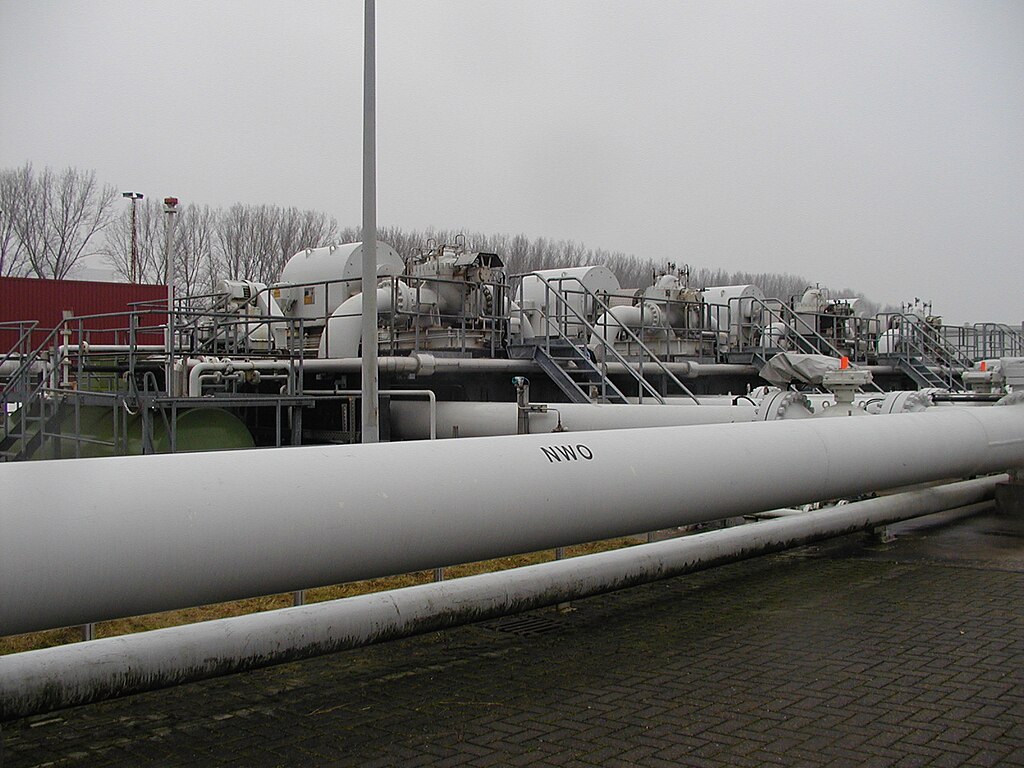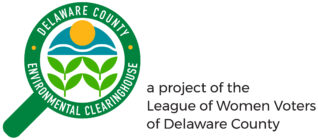Pipelines

Pipelines are an important but controversial means of transporting liquid and gas fuels over long distances, since once installed, they have very low operating costs and are often safer than rail or truck transportation. However, if leaks develop, they can be extremely damaging and costly to clean up. Furthermore, some highly explosive materials have the potential to cause catastrophic damage, posing an unacceptable risk to surrounding communities.
The high initial cost of pipeline construction means that it must remain in operation for decades in order to become profitable. As a result, any new pipline proposal implies a commitment of at least 30 years, further entrenching demand for fossil fuels.
Basics
- Pipeline Inspection and Enforcement — U.S. Department of Transportation
- Pipeline Regulation Study Guide — League of Women Voters
- Pipeline Legislation and Ordinances Study Guide
- Pipelines – Transmission of Natural Gas from Marcellus Shale — Clean Air Council
- Pipeline Safety Trust
- CO2 Pipelines Dangerous and Underregulated — Pipeline Safety Trust
Current Status
- Pipeline Safety Trust: PA scores ‘Good” on providing public information about pipelines in 2025
- Pipeline Safety Trust Testimony to U.S. House Subcommittee on Energy 07-22-25
- Pipeline Safety Trust: Safety Needs to Be a Factor for LNG Pipelines and Export Terminals
- New Jersey Opposes Transco Pipeline Expansion
- DC Appeals Court Overturns FERC Approval of Transco Pipeline — CleanTechnica — 07-30-24
